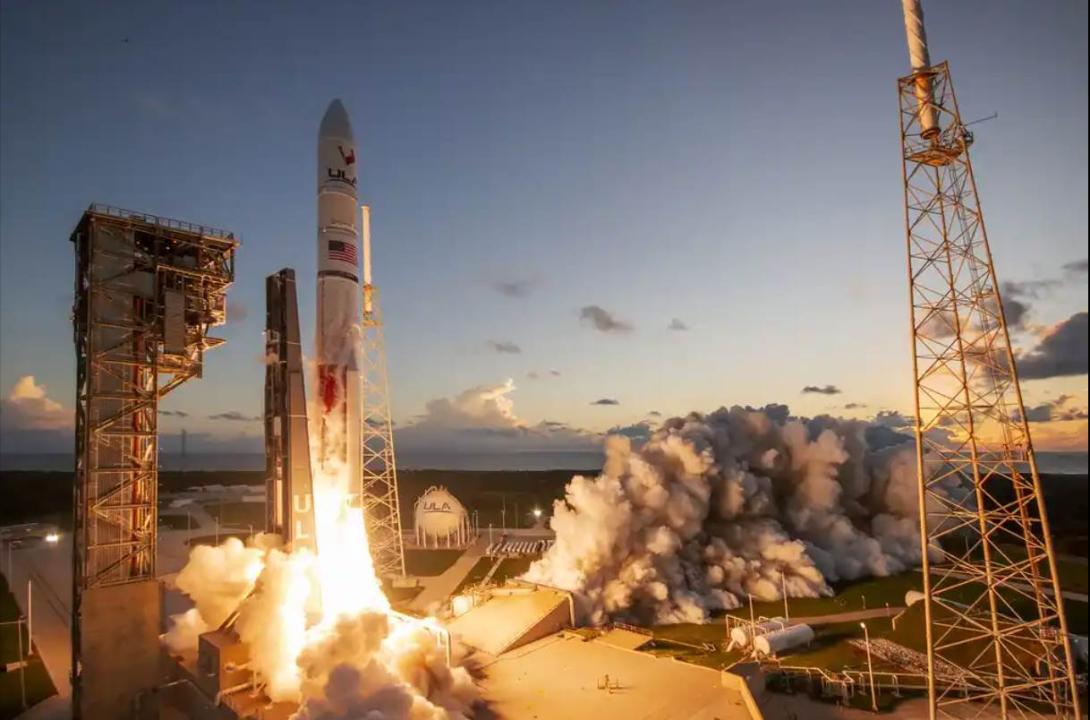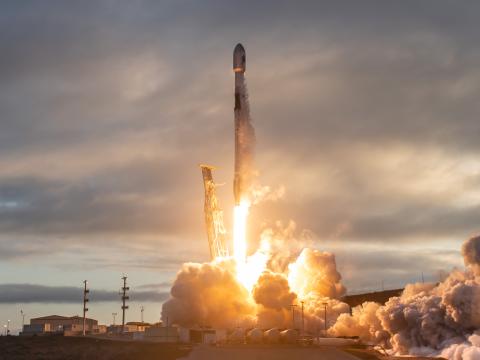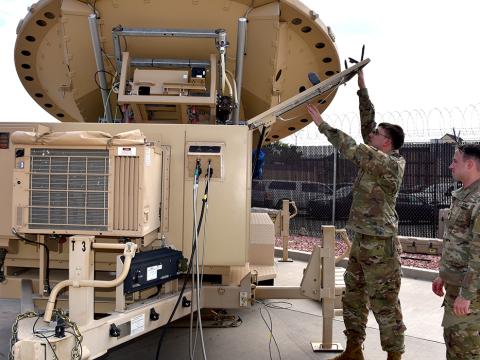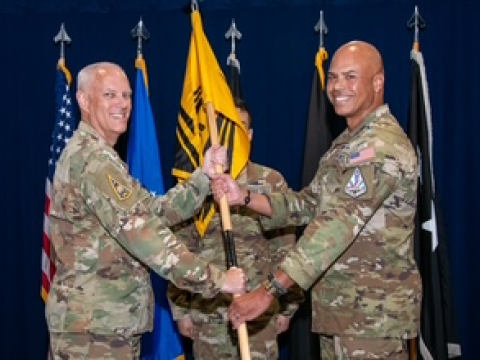ULA’s Vulcan Rocket Certified for National Security Missions
The U.S. Space Force's Space Systems Command’s Assured Access to Space organization announced Wednesday the certification of United Launch Alliance’s (ULA’s) Vulcan launch system for National Security Space Launch (NSSL) missions.
According to a Space Systems Command press release, Vulcan’s certification process occurred over several years and consisted of 52 certification criteria, including more than 180 discrete tasks, two certification flight demonstrations, 60 payload interface requirement verifications, 18 subsystem design and test reviews and 114 hardware and software audits.
The NSSL certification process requires launch service providers to prove their ability to design and produce launch systems that will successfully deliver national security space satellites to orbit, the release said. Vulcan completed its two flight tests in January and October of 2024.
ULA has now joined SpaceX as one of the two certified providers eligible to launch NSSL missions.
“Vulcan certification adds launch capacity, resiliency and flexibility needed by our nation’s most critical space-based systems,” said Brig. Gen. Kristin Panzenhagen, program executive officer for Assured Access to Space, within the release.
Assured Access to Space is responsible for securing reliable launch services to deploy space-based capabilities needed by warfighters and intelligence professionals, and it operates and sustains launch and test infrastructure, according to the release.
“Assured access to space is a core function of the Space Force and a critical element of national security,” Panzenhagen said.
According to the release, the first NSSL mission on Vulcan is expected this summer.
“We are proud to have launched 100 national security space missions and honored to continue serving the nation with our new Vulcan rocket,” said Tory Bruno, president and CEO of United Launch Alliance, within the release. “We thank the Space Force for their collaboration and confidence, and we are honored to support our national security needs for many years to come.”





Comments